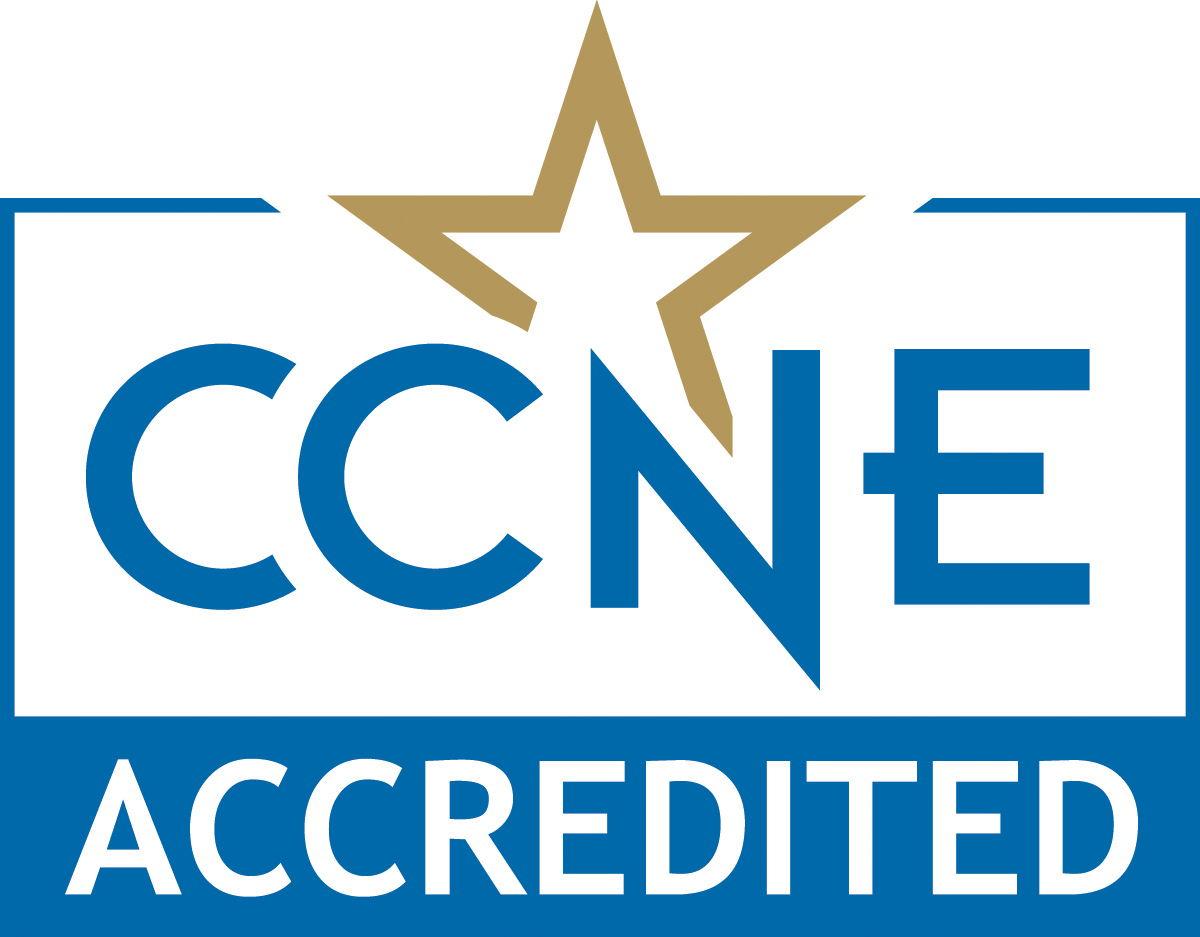Nurse Practitioner Programs with Clinical Placement Made Simple
As a required component of a nurse practitioner (NP) program, students must complete a specific number of clinical hours to demonstrate competency in patient care. These hours are earned through clinical placements, which provide real-world experience in health care settings under the supervision of a licensed clinical preceptor. The preceptor serves as a mentor, guiding students in applying classroom knowledge to clinical practice. The University arranges placements in hospitals, clinics, primary care practices, or long-term care facilities, depending on the NP specialty.
How does Texas Woman’s University online MSN-FNP clinical placement work?
Shortly after enrollment in the online MSN-FNP program, students will be asked to complete a placement intake form to complete, summarizing their competencies, experience, and placement preferences. While the placement team works to secure sites and preceptors, students must fulfill clinical clearance requirements, including:
- Drug screening
- Background check
- Recommended vaccinations and screenings.
- Students cannot begin clinical rotations until these clearances are complete.
Once the College of Nursing approves the sites, Texas Woman’s University shares placement details with students. During the rotation, students have access to faculty support and resources to ensure a smooth, stress-free experience. Faculty mentors are available to assist with technical questions related to procedures, patient interactions, and general proficiencies.
After receiving site information, students are responsible for contacting the site to confirm clinic hours, as the placement team ensures all locations meet regional and program requirements.
At the end of each rotation, students and their preceptors review requirements, complete surveys, and formally close the placement. For programs requiring multiple rotations, new site and preceptor details are provided for subsequent placements.
TWU Online MSN-FNP Clinical Placement FAQ
TWU believes students are only as successful as their training, which is why we have taken the stress out of the clinical placement process. Students will be provided with clinical sites and preceptors for all graduate-level clinical rotations, so they can focus on coursework and building competency instead of worrying about the logistics of clinical placements.
Additionally, students may find clinical placement sites to be potential locations for future employment opportunities upon graduation.
TWU's Master of Science in Nursing - Family Nurse Practitioner (MS-FNP) program requires three (3) robust direct patient care experiences, totaling 780 clinical hours in order to graduate.
Required Family Nurse Practitioner Clinical Rotation Courses
- Primary Care Disease and Restorative Health Practicum I - 180 clinical hours
- Chronic Disease & Restorative Health Practicum II - 300 clinical hours
- Primary Care Disease Management Across the Lifespan Practicum III - 300 clinical hours
Student responsibilities during clinical rotations include:
- Reviewing goals and objectives for fulfilling clinical requirements
- Providing their preceptor with daily written objectives and evaluation forms
- Reviewing existing clinical protocols and TWU protocols with their preceptor
- Documenting all clinical encounters using a SOAP (Subjective, Objective, Assessment and Plan) format
- Ensuring the student is always under the supervision of their preceptor
The preceptor is there to be an on-site role model and to help students develop as nurses during clinical rotations. They will:
- Bridge the gap between theory and actual practice
- Orient students to the practice setting (key personnel, organization and institutional policies)
- Help students plan clinical assignments
- Provide one-on-one supervision and daily feedback
- Review and co-sign all documentation in the clinical records
Clinical faculty and a preceptor will be the main support during clinical rotation courses. Students will also record assessments /recommendations in SOAP (Subjective, Objective, Assessment and Plan) Notes. Faculty review and critique SOAP Notes so students can achieve better practice methods.
Faculty evaluate students on a pass/fail basis. There are no letter grades given during clinicals. With the repetition of practice and assessment, as well as a variety of patient cases, students will learn the clinical skills necessary to confidently pursue a career providing primary care as a Family Nurse Practitioner.
A dedicated enrollment advisor is ready to provide detailed answers to any further questions about the clinical placement process, admissions requirements, tuition rates, program details and requirements as well as full course descriptions.
To learn more about the stress-free clinical placement process, contact an admissions counselor.
What options do online FNP programs offer for placement support?
Unlike Texas Woman’s University, some NP programs require students to find their own placement in an area that aligns with their specialty, while others offer in-house assistance. Here are a few ways students can secure their placement if a program does not provide clinical placements:
Do it yourself
Some programs require students to find clinical placements independently, although this task can be difficult. In many areas, there is a lack of clinical preceptors willing to take on clinical supervision for a Nurse Practitioner student. Unfortunately, this can lead to program completion delays while students search for a preceptor at a site that aligns with their declared specialty. Some students may not be able to secure a preceptor on their own, needing to seek outside help.
Pay a placement service
If the FNP program does not provide clinical placement services and finding a clinical placement on their own proves difficult, students can partner with third-party placement services that will assist in the process from start to finish, from finding potential preceptors to streamlining the paperwork process. However, these services come at a cost that can be prohibitive for some students.
The TWU Difference: What are the benefits of a nurse practitioner program with clinical placement assistance?
There are many reasons to choose a degree program that partners with students to find the best clinical placement, from the ease of access to financial relief.
Save time
By attending a university that assists with clinical placement, students will find more time to spend on coursework and study, not to mention personal time. Help from the university allows students to live more balanced, well-rounded lives, even while they complete a rigorous course of study.
Save money
Clinical placement assistance saves students the financial burden of paying out-of-pocket for a third-party assistance service. The typical cost can range from $2,000 to $6,000, which is prohibitive for many NP students.
Avoid waiting periods
When a clinical site is pre-approved by the school, NP students will not have to worry about waiting for approval, wondering if their university and their preceptor will both sign off on the arrangement. Instead, the process is much easier for students when working with a university that's experienced in placing students and has a network of approved clinical sites.
Stay local
Most schools that offer clinical placement assistance are likely to have a wide range of local area placements available for their students – including options that may not be open to individual requests from students or requests from third-party services. By attending a degree program with placement assistance, students can likely enjoy staying closer to home during clinical rotations.
Accreditation
*The master's degree program in nursing at Texas Woman's University is accredited by the Commission on Collegiate Nursing Education (http://www.ccneaccreditation.org).



